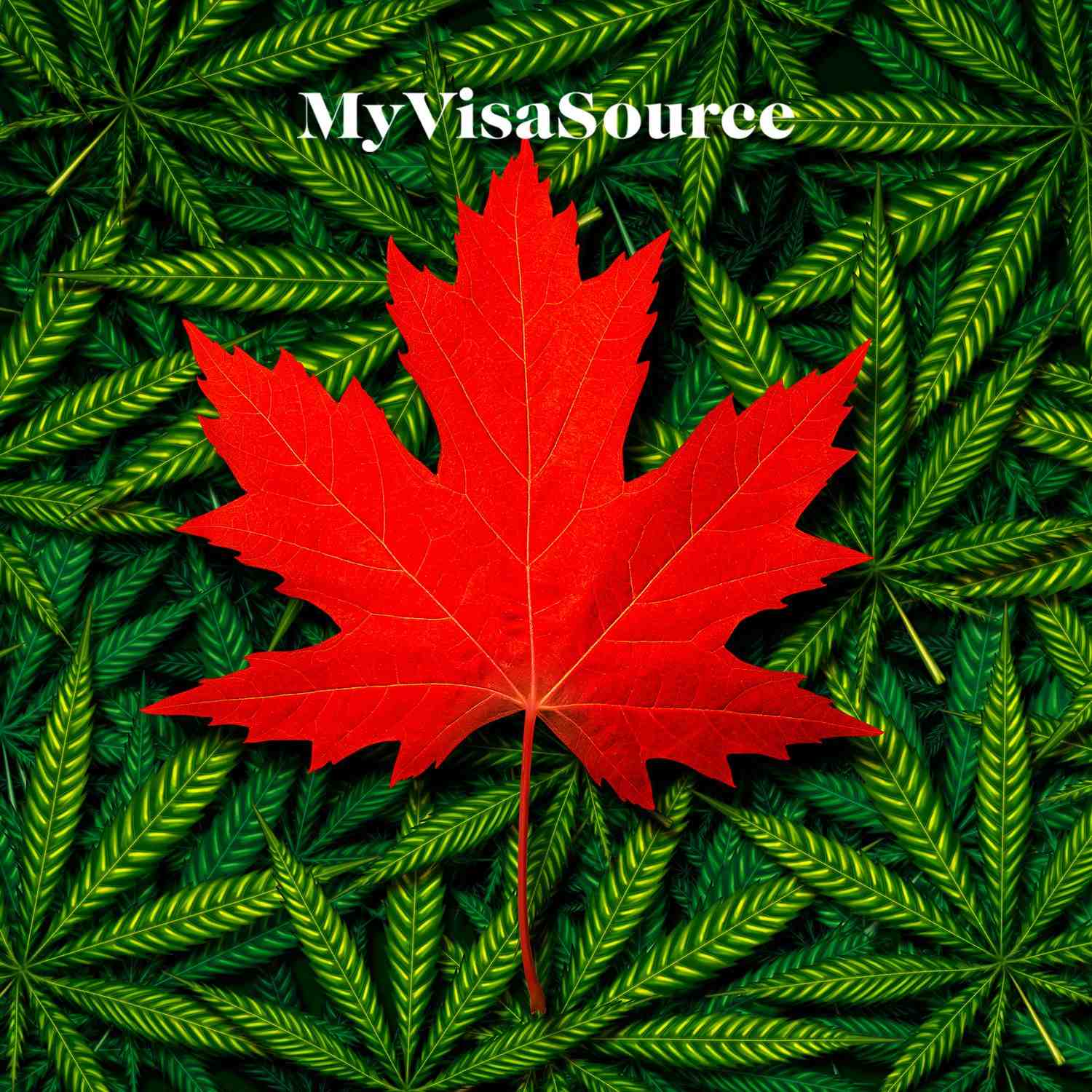If you are a marijuana advocate or a regular partaker, there are a few things you must know before traveling to Canada. Having a previous offense involving marijuana can severely impact your ability to enter Canada. The Canadian government legalized the recreational use of Marijuana in 2018. However, it is still strictly regulated and cannabis-related charges can hurt your ability to immigrate to Canada.
What Are the Marijuana-Related Regulations that You Need to Know About?
Marijuana at the Border:
It is still illegal to transport marijuana across country borders, even if it is legal in another country. Only suppliers with a permit from the Canadian government are exempt from this rule. Otherwise, everyone else must declare and surrender their marijuana at the Canadian border. You may try sending or receiving your weed through mail to get around this rule. However, if you fail to comply, then you could face detainment, fines, and possibly denied entry to Canada or a ban on future re-entry.
Driving While Impaired:
Many people remain unaware of the risks of driving while high on marijuana. Canada regards driving under the influence of weed as a serious crime. If you are discovered doing the following, then you may face fines or even prison time:
-
Driving or having driven within 2 hours of having more than 2 nano-grams of marijuana in one milliliter (mL) of one’s blood
-
Driving dangerously
-
Refusing to comply with roadside drug or alcohol test
Buying and Using Marijuana in Canada:
Every province and territory has set the minimum eligible age for using marijuana, much like alcohol. In Alberta, it’s 18 years. For Quebec, it's 21 years and for every other province and territory, it is 19 years. It is illegal for underage youngsters to smoke marijuana or for adults to facilitate access. Adults must buy their marijuana legally. Meaning, they must buy it from a store or supplier with a government license. One individual is allowed to buy 30 grams of dried marijuana at a time. As marijuana comes in different forms, the Canadian government has set up a conversion method. They even provide an online cannabis converter, a tool that allows the users to input and convert different amounts and types of marijuana to stay within the legal threshold.



















